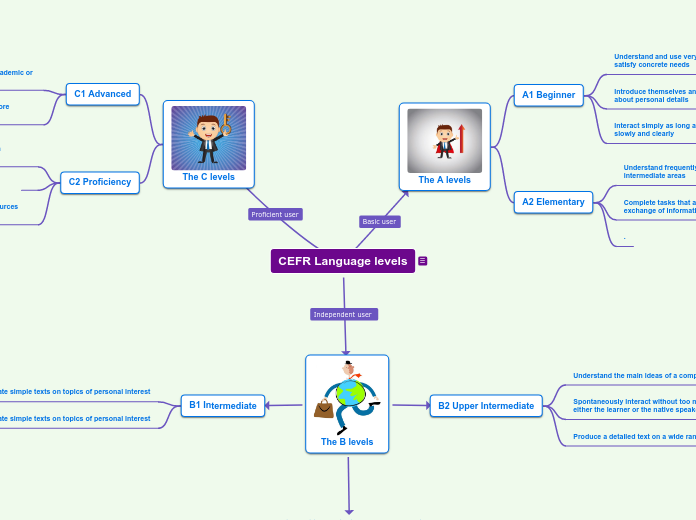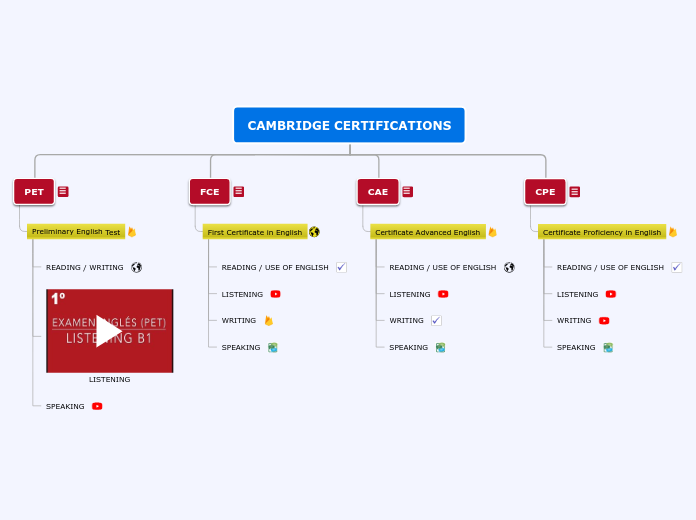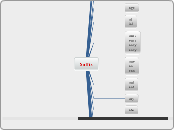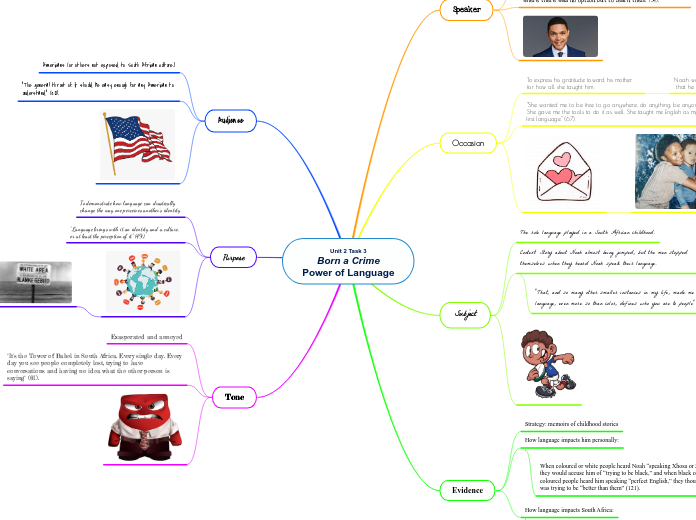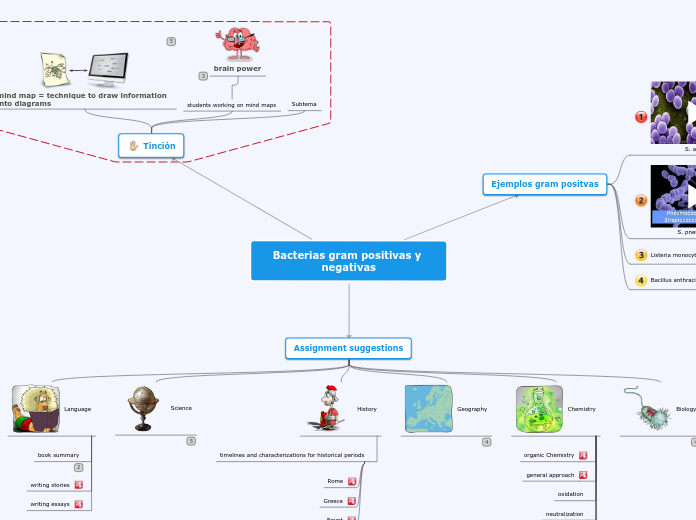af adael smith 4 år siden
278
CEFR Language levels
The Common European Framework of Reference for Languages (CEFR) is a global standard utilized to gauge and validate language proficiency. Created by the Council of Europe, it categorizes language skills into six levels:
